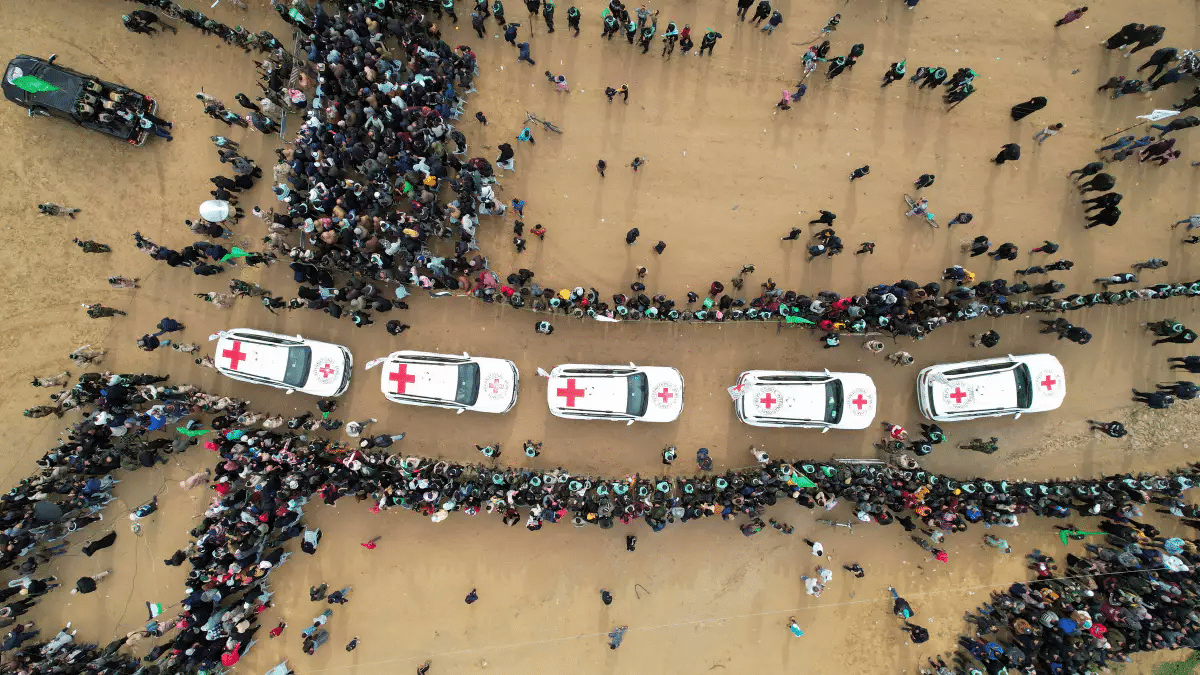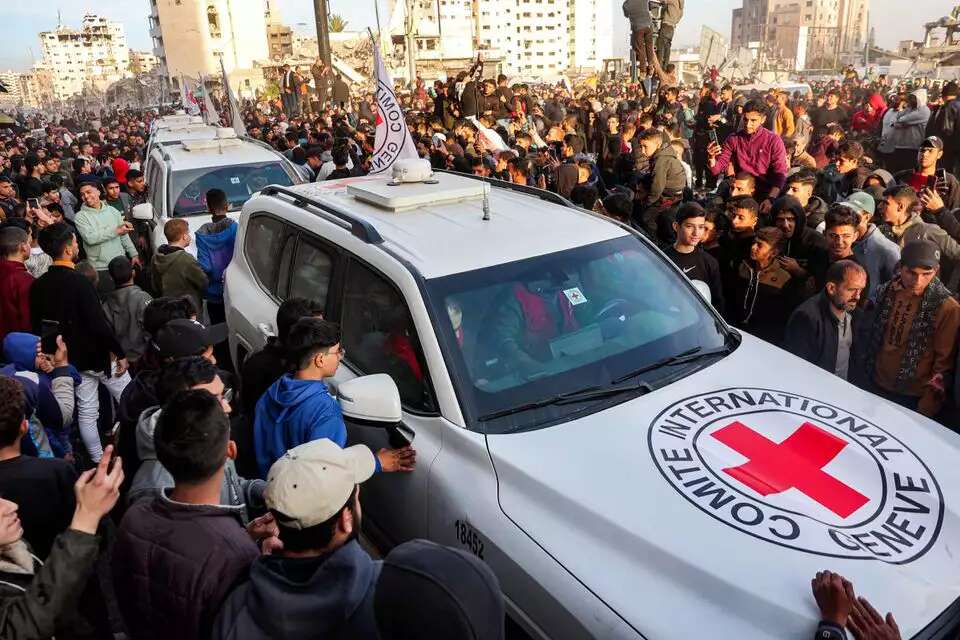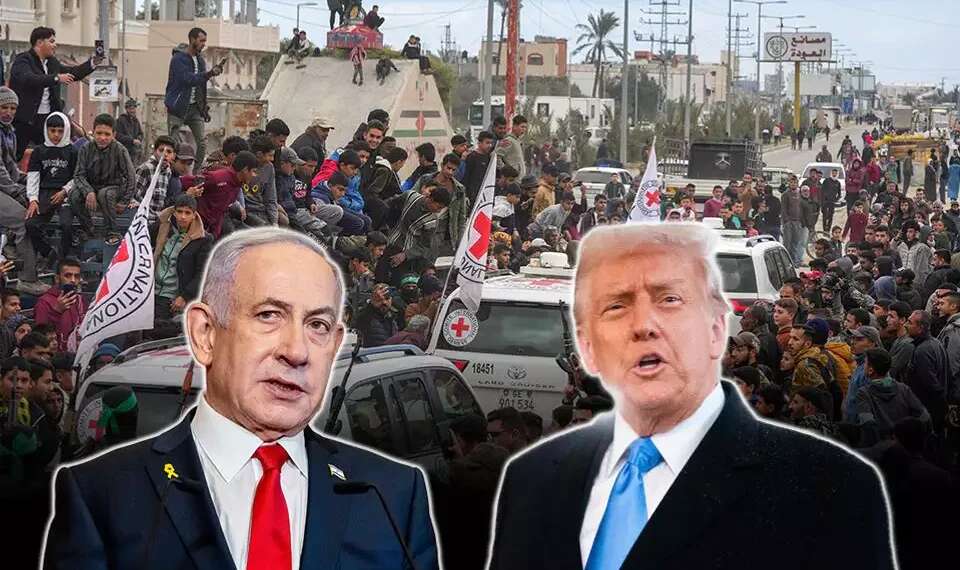The Lebanese daily Al-Akhbar reported Friday morning on accelerated negotiations for a hostage release deal and a ceasefire agreement in Gaza. According to Egyptian sources cited in the article, "an agreement is within reach."
However, the report notes that intelligence and diplomatic-level discussions have not yet yielded a tangible breakthrough on the ground. The Hezbollah-affiliated newspaper claimed Turkey is also playing a clear role in the talks. Over the past two days, Egyptian sources reported progress, attributing it to increased pressure on the Israeli government from various directions. As a result, Cairo believes a pause in fighting in Gaza could support renewed talks on normalization between Israel and Saudi Arabia.
In the meantime, communication channels for a ceasefire deal have reportedly narrowed. According to an Egyptian source, the visit of US envoy Steven Witkoff carried constructive elements, including negotiations that began Thursday and are set to continue today.

Trump's grand deal
The current framework has gained traction due to the understanding that it is impossible to simultaneously end the war in Gaza, secure the release of all hostages, and compel Hamas to relinquish its rule and disarm. The plan links the partial release of hostages as an interim phase to a broader regional agreement—what former US President Donald Trump is reportedly pursuing as a "grand bargain" in the Middle East.
The regional agreement encompasses normalization between Israel and Saudi Arabia, as well as involvement in the reconstruction of Lebanon—and potentially Syria. It also includes a framework for renewed political dialogue aimed at resolving the Palestinian issue.
Trump addressed the hostage issue at the opening of a cabinet meeting in Washington, stating, "We're getting closer to bringing the hostages home. We're making progress. We're in contact with Israel, in contact with Hamas. It's a nasty group. We're getting closer to bringing them home. Some have returned in very bad condition, others in better shape, but they'll all be scarred mentally."

Earlier, Egyptian Foreign Minister Badr Abdel Aaty confirmed that Cairo had recently submitted a proposal for a hostage deal and ceasefire agreement, which is now under consultation. Arab media reported that the offer includes the release of eight hostages in exchange for a ceasefire lasting between 40 and 70 days.
Egypt's efforts to formulate an interim deal have so far failed due to Hamas' refusal to accept any agreement lacking what it sees as a political horizonspecifically, any plan that would remove it from power or fail to fully end the war, including a complete Israeli withdrawal. The US is now proposing a slightly different path: the release of one-third of the living hostages and half of the bodies, a more generous ratio for the release of terrorists, a resumption of aid delivery through international organizations, and a ceasefire during which negotiations would take place. Those negotiations are expected to include discussions on a long-term political framework, and the potential political involvement of Hamas has not been ruled out.




